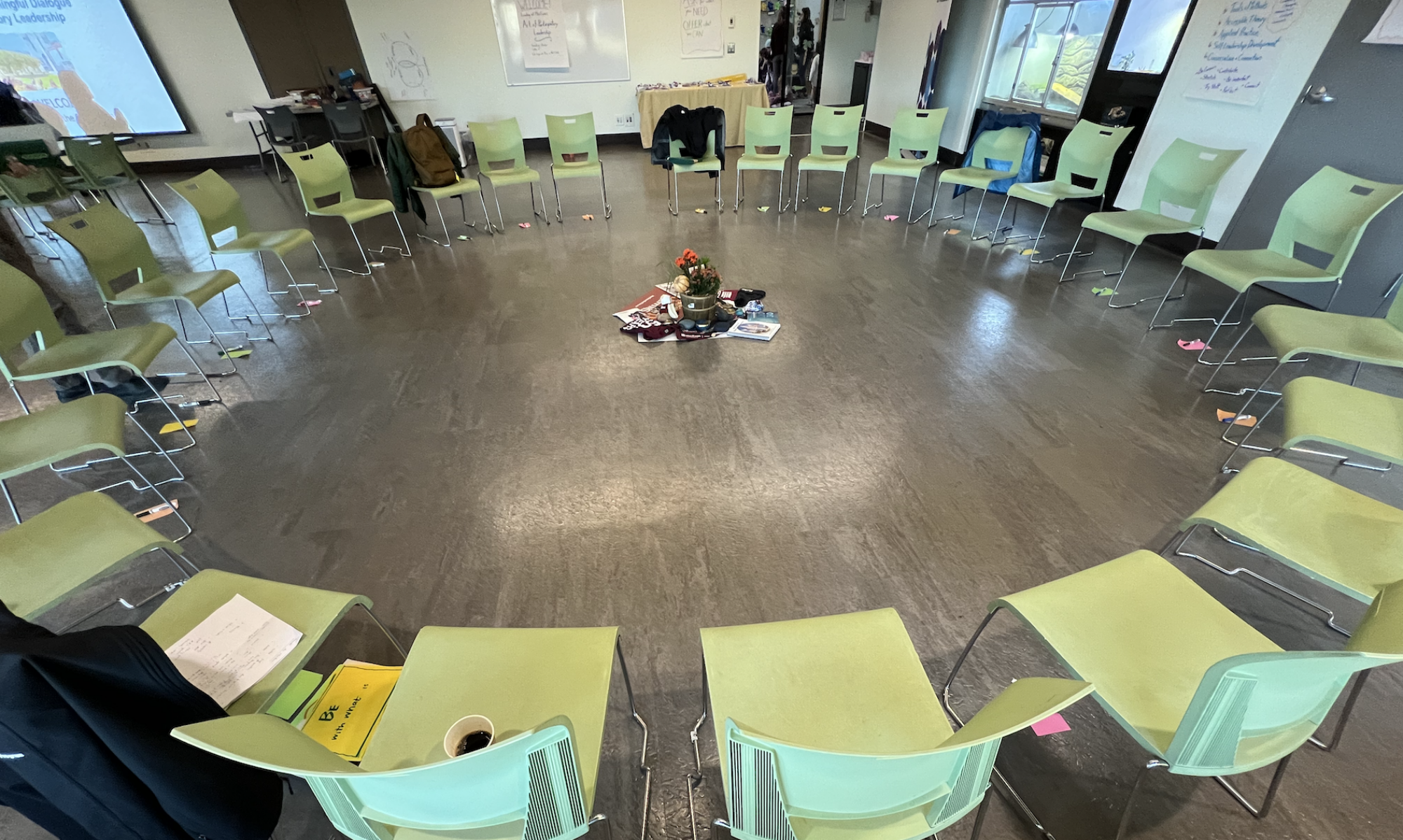I admit, I’m really interested in the American political process these days. I know, it sounds a bit like a shameful confession, which I suppose says something.
Like many, I try to stay informed, listening to the candidates for Republican and Democratic party nomination. I try to listen to the issues and the platforms. It’s not easy, I find. It takes a lot of patience. You have to get through a lot of posturing and attack talking points to hope for a small chip of a gem of authenticity. I would say this is true with those who analyze the process — including professional media and arm chair analysts over coffee.
What is easy is to jump into the social and psychological insights of the process itself. The fact that this nomination and election process takes close to two years remains absurd to me. I’m Canadian eh — what’s wrong with five weeks, or even three months as it was in the recent federal election that brought Justin Trudeau to the office of prime minister.
But never mind that. I believe the process is set up to bring out the worst in the candidates, no matter who you may favor. Not intended that way, but just results in it that way. It’s one that privileges winning over truth-telling. And it has such history that this stooping is largely unavoidable. Good and rather talented human beings must fight with one another. The more bombastic the better. The more outrageous the better. The more shocking the better. The more clever in witty quips and putdowns the better. It reminds me of the fights I would get in with my sister, when we were both under the age of eight — “She started it! No, he did! Mommmmmmm!”
Why is this tolerated and even supported in the American system? It’s a bit crazy. Most people know this. But underneath lays some shadowy realities that are not limited to Americans. I wonder — yes, I’m guessing — if there is such an addiction in the American collective psyche to being entertained and shocked. It creates great opportunity for outrage which, let’s face it, if you are living in an overall numbed state, feels inherently good to react to. It’s the hunger for feeling alive, even emotionally and neuro-chemically that feels so good.
Crazy right? Sure. Or maybe not. It’s a reality that is not limited to Americans.
Robert Langan is a psychoanalist and longtime Buddhist practitioner. I recently read one of his articles, “A Buddhist Psychoanalyst Puts Our Divided Country On The Couch.” He offers a story worth reading to address some of this dynamic in American politics.
Here’s a couple of teasers from his article that stood out to me:
- “We fear things becoming worse and hope to make them better. There’s the rub. Our country is in the midst of a polarized conflict between hope and fear, with each side’s hope becoming the other sides’ fear.”
- “Demonization of the other only fuels the conflict. The more certain one’s sense of righteous rectitude (the side of the angels), the more adamant is one’s determination never to shake hands with the devil.”
- “The acceptance of not fully knowing does not stymie action. It credits others’ ways of knowing complimentary indicators of what we humans should be doing with ourselves, our communal best guess.”
One of the things I believe is that we as a human species (yes, it’s a very broad reference) have a fundamental inability and fear to accept an inherent unknowable of human existence. The American political process, like most political processes, imposes and privileges knowing on top of inherently unknowable dynamics. Until we (you, me, us…) become more comfortable with that — which I suppose could be never — this “ah, screw it; entertain me” disposition will continue to govern the collective psyche and the processes that grow from it.
